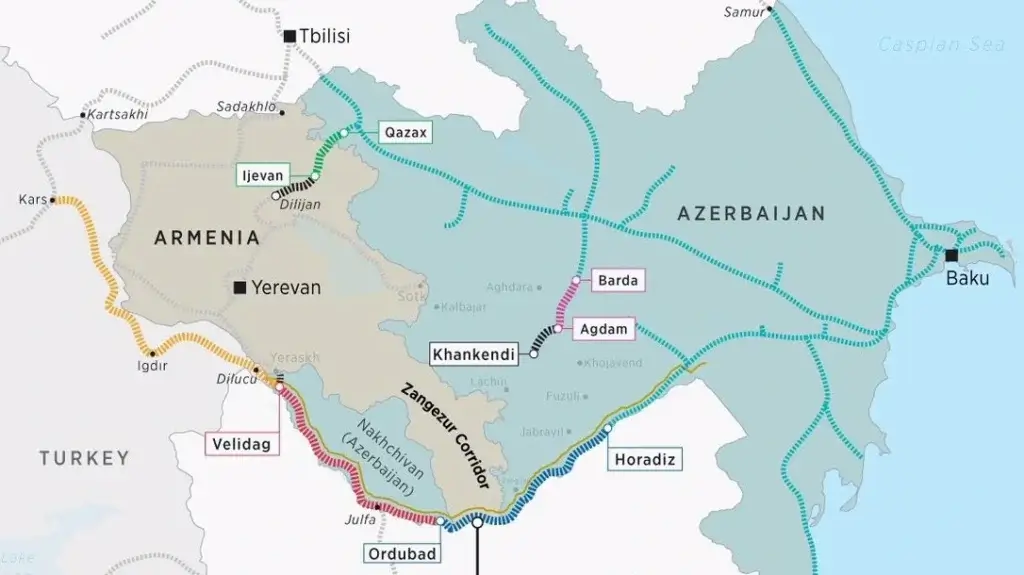The White House has confirmed that Azerbaijan and Armenia are set to sign the long-awaited Azerbaijan Armenia peace agreement, marking a potential breakthrough in one of the most enduring conflicts in the South Caucasus. The announcement, reported by Reuters, follows months of intense negotiations and U.S.-led diplomatic efforts.
A senior administration official highlighted the broader significance, stating, “This is not just about Armenia. This is not just about Azerbaijan. This is about the entire region, and they know that this region is considered safer and more prosperous under President Trump.”

The conflict between Azerbaijan and Armenia has centered on the disputed Nagorno-Karabakh region, internationally recognized as part of Azerbaijan but historically populated by ethnic Armenians. While a Russian-brokered ceasefire in 2020 halted large-scale fighting, tensions and occasional clashes have persisted.
The upcoming Azerbaijan Armenia peace agreement is expected to cover not only territorial settlements but also trade routes, infrastructure cooperation, and border security. Experts believe that successful implementation could unlock new economic corridors linking Central Asia and Europe, enhancing prosperity for both nations.

Still, challenges remain. Past peace attempts have faltered due to mistrust, domestic politics, and external interference. Sustaining this agreement will require consistent diplomatic engagement and robust confidence-building measures.
If this historic Azerbaijan Armenia peace agreement holds, it could reshape the geopolitical dynamics of the South Caucasus, reduce the likelihood of renewed conflict, and lay the groundwork for lasting regional cooperation. The global community will be closely watching as the two nations prepare to formalize what could be their most decisive step toward peace in decades.



